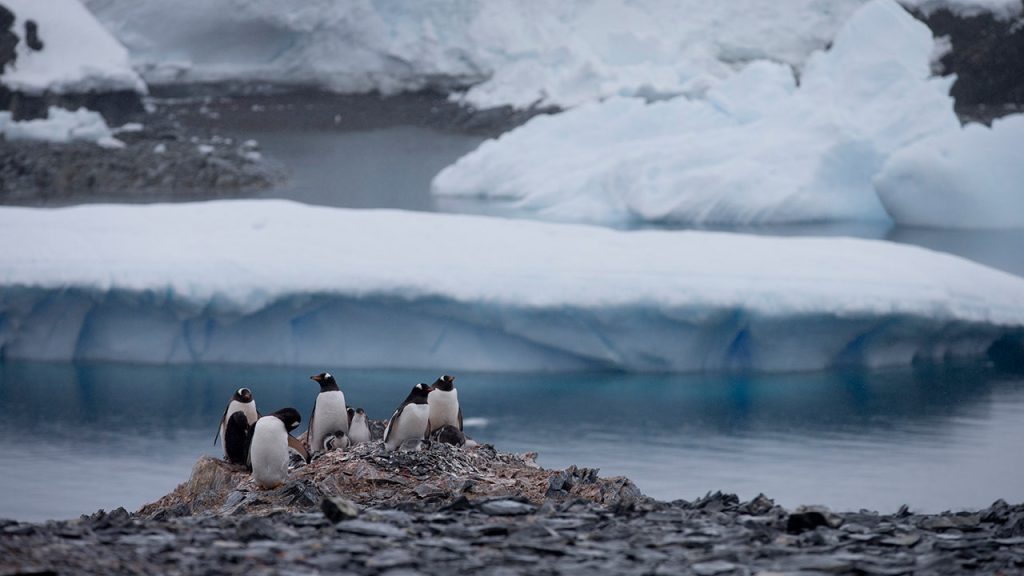Defense officials from Chile recently held a meeting in Antarctica in an effort to assert the country’s territorial claims in the region, amidst tensions arising from Russia’s activities in the area. The meeting, attended by members of Chile’s parliamentary defense committee, was described as a show of national sovereignty in the face of potential threats. The officials did not disclose specific details of their discussions, but mentioned that they addressed the current geopolitical conditions in Antarctica, a continent rich in mineral resources and fresh water reserves.
The recent flurry of media reports surrounding Russia’s alleged discovery of massive oil reserves in Antarctica in 2020 has sparked concern among countries with territorial claims in the region. Reports indicate that Russia’s geological surveys could potentially lead to mining activities, which have been banned in Antarctica for decades. Chile, along with six other countries, asserts sovereignty over parts of Antarctica, leading to tensions as Russia’s surveys overlapped with Chilean territorial claims in the Weddell Sea.
Chile has expressed its commitment to defending what it believes to be fair in Antarctica, condemning the actions of nations seeking to exert greater influence over the region for economic gain. Chilean President Gabriel Boric has pledged to oppose any commercial exploitation of minerals and hydrocarbons in Antarctica. The issue has also reignited historic tensions between Chile and Argentina, as the two countries vie for influence in the region.
Argentina has recently announced plans to construct a naval base in southern Antarctica with U.S. involvement, in an effort to assert its claims to the continent. This move has drawn criticism from Chile’s foreign ministry, as it perceives Argentina’s actions as an attempt to align its foreign policy with the United States. The geopolitical competition over Antarctica is just the latest challenge faced by the Antarctic Treaty, which aims to maintain the continent as a scientific preserve for peaceful purposes.
In addition to geopolitical competition, the Antarctic Treaty also grapples with other challenges such as rising sea levels due to climate change, unregulated tourism, and the impact of krill fishing in the Southern Ocean. The 53-nation consensus-based system is under strain as it attempts to address these complex issues while maintaining the integrity of the treaty. The meeting held by Chilean defense officials in Antarctica reflects the growing concerns over the future of the region and the need to protect its resources and environment for future generations.


